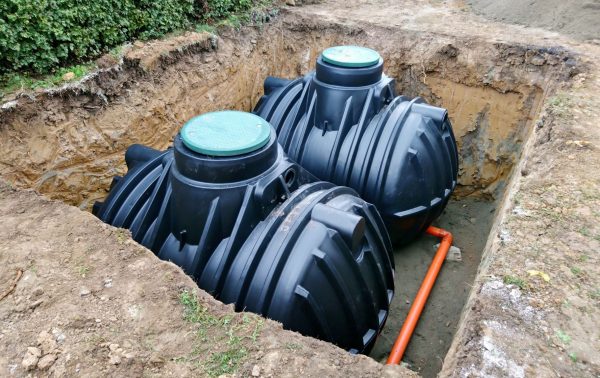Why Asking the Right Questions Can Save You Thousands

Your septic system is one of the most critical components of your home’s infrastructure, handling waste management for your entire household. When this system fails or requires maintenance, choosing the wrong septic service provider can lead to costly repairs, environmental hazards, and prolonged disruptions to your daily life. Before entrusting your septic system to any company, asking targeted questions ensures you hire qualified professionals who will protect your investment and provide reliable service.
The septic industry varies significantly in terms of expertise, equipment, and service quality. Some companies excel in routine maintenance, while others specialize in complex repairs or system installations. Understanding what questions to ask helps you identify providers who match your specific needs and demonstrate the professionalism necessary for such important work.
Licensing and Insurance Requirements
The first conversation with any potential septic service provider should focus on their credentials and protection. Licensed septic contractors have demonstrated their knowledge of local regulations, proper installation techniques, and safety protocols. Ask to see current licensing documentation and verify these credentials with your local licensing authority.
Insurance coverage protects both you and the service provider in case of accidents or damage during work. Request proof of both general liability insurance and workers’ compensation coverage. Companies operating without proper insurance expose you to significant financial risk if property damage occurs or workers are injured on your property.
Additionally, inquire about bonding status. Bonded companies provide an extra layer of financial protection, ensuring compensation if the contractor fails to complete work according to agreement terms. This credential demonstrates financial stability and commitment to professional standards.
Experience and Expertise in Septic Systems
Understanding a company’s background helps gauge their ability to handle your specific septic needs effectively. Consider asking these key questions about their experience:
- How many years has the company been operating in the septic industry, and what types of systems do they commonly service?
- What specific training and certifications do their technicians possess, including any specialized education in septic system design or repair?
- Can they provide examples of similar projects they’ve completed recently, particularly those involving systems comparable to yours?
- Do they stay current with evolving septic technologies and environmental regulations through ongoing education?
- What percentage of their business focuses on septic services versus other plumbing or excavation work?
Companies with extensive septic-specific experience typically provide more accurate diagnoses, efficient solutions, and reliable long-term results. Their familiarity with various system types and common problems enables them to identify issues quickly and recommend appropriate solutions.
Service Offerings and Capabilities
Comprehensive septic companies offer multiple services, from routine pumping to complete system installations. Understanding their full range of capabilities helps determine if they can serve as your long-term septic service provider or if you’ll need multiple contractors for different needs.
Inquire about their pumping services, inspection capabilities, repair expertise, and installation experience. Some companies focus primarily on pumping and basic maintenance, while others handle complex repairs, system upgrades, and new installations. Companies offering comprehensive services often provide better continuity of care and deeper understanding of your system’s history.
Ask about their diagnostic capabilities, including camera inspections, pressure testing, and soil evaluation services. Advanced diagnostic tools enable more accurate problem identification and help prevent unnecessary excavation or repairs. Companies investing in modern diagnostic equipment typically deliver more precise and cost-effective solutions.
Pricing Structure and Payment Options
Transparent pricing prevents surprises and helps you budget appropriately for septic services. Request detailed information about their pricing approach and payment policies:
- Do they charge flat rates for standard services or use hourly pricing, and what factors influence final costs?
- Are estimates provided in writing with detailed breakdowns of labor, materials, and additional fees?
- What payment methods do they accept, and do they offer financing options for larger projects?
- How do they handle cost overruns or unexpected complications discovered during work?
- Are there additional charges for emergency services, weekend work, or travel to your location?
Reputable companies provide clear, written estimates and explain their pricing methodology upfront. Be cautious of contractors offering prices significantly below market rates, as this often indicates corners being cut or hidden costs emerging later.
References and Customer Reviews
Past customer experiences provide valuable insights into a company’s reliability, work quality, and customer service approach. Request recent references from customers with similar septic needs and take time to contact these references directly.
Online reviews offer additional perspective, but focus on patterns rather than isolated complaints. Look for consistent mentions of punctuality, cleanliness, communication quality, and problem-solving abilities. Companies with strong reputations typically welcome reference requests and maintain positive online presence across multiple platforms.
Pay attention to how companies respond to negative reviews, as this reveals their commitment to customer satisfaction and professional accountability. Responsible companies address concerns professionally and demonstrate willingness to resolve issues.
Emergency Response and Availability
Septic emergencies don’t follow convenient schedules, making emergency service availability a crucial consideration. Ask about their emergency response procedures, typical response times, and after-hours availability. Companies serving residential customers should offer reasonable emergency coverage, especially for sewage backups or system failures requiring immediate attention.
Understand their definition of emergency situations and associated pricing for urgent services. Some companies charge premium rates for emergency calls, while others maintain consistent pricing regardless of timing. Clear emergency protocols help you know what to expect during stressful situations when quick action is essential.
Modern Equipment and Technology
The equipment and technology a septic company uses directly impacts service quality and efficiency. Modern pumping trucks, diagnostic cameras, and excavation equipment enable cleaner, faster, and more precise work. Companies investing in current technology typically complete jobs more efficiently and with less disruption to your property.
Ask about their equipment maintenance schedules and truck capacity. Well-maintained equipment reduces the likelihood of delays or complications during service. For San Diego homeowners seeking reliable septic services, Dr. Septic combines experienced technicians with modern equipment to deliver comprehensive solutions for all your septic system needs. Contact Dr. Septic today to schedule your consultation and experience the difference professional expertise makes for your septic system’s longevity and performance.
